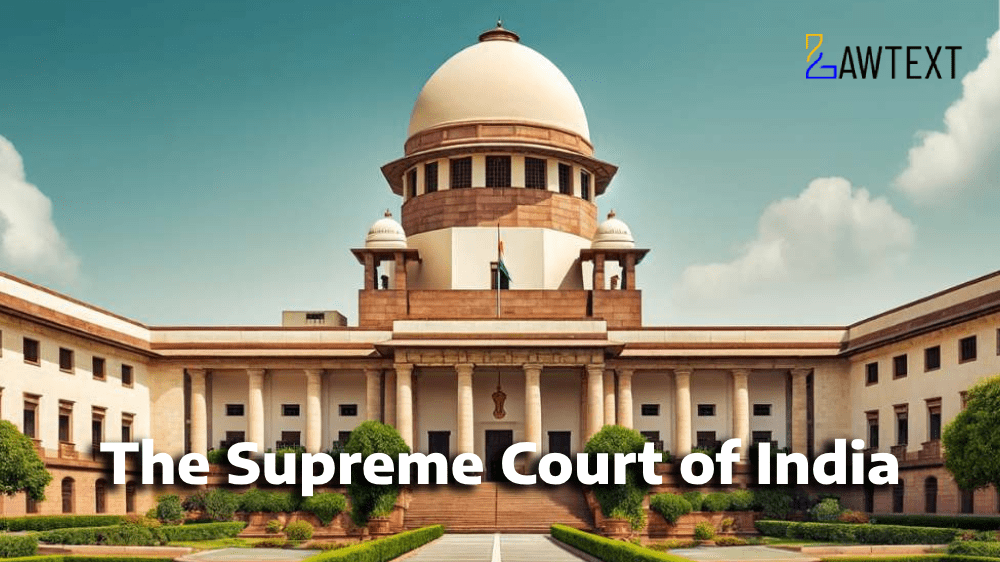

The accused appealed the Calcutta High Court's order, which set aside their acquittal by the Trial Court. The High Court remanded the case to decide the Section 319 CrPC application first, before the trial proceeded. The Supreme Court ruled in favor of the Trial Court, which had rejected the Section 319 application and acquitted the accused due to the non-appearance of prosecution witnesses for cross-examination.
1. Leave Granted (Para 1): Leave granted to appeal against the High Court's judgment dated 11.08.2022.
2. Case Background (Paras 2-3): An FIR was lodged against the accused for attempted kidnapping under Sections 366/323/506(II) of the IPC and Section 25(1)(B)(a) of the Arms Act. After investigation, a charge sheet was filed, and the trial began.
3. Prosecution Witnesses’ Absence (Paras 4-6): Key prosecution witnesses, including the complainant, failed to appear for cross-examination despite summons. The Trial Court recorded their absence multiple times and postponed cross-examination.
4. Application under Section 319 CrPC (Para 7): The complainant moved an application under Section 319 CrPC to summon additional accused. The Trial Court reserved its order until the cross-examination of all witnesses.
5. Further Delays and Non-appearance (Paras 8-10): Repeated non-appearances by the prosecution witnesses led the Trial Court to consider bailable warrants for the witnesses. The Trial Court noted their unwillingness to participate in the trial.
6. Trial Court Acquittal (Para 10): After failing to secure cross-examination, the Trial Court rejected the Section 319 CrPC application and acquitted the accused under Section 232 CrPC, citing no evidence.
7. Appeal in High Court (Paras 11-13): The complainant appealed to the High Court, which set aside the acquittal and directed the Trial Court to decide the Section 319 application first.
8. Supreme Court’s Interpretation (Paras 13-17): The Supreme Court analyzed the Constitution Bench’s judgment in Hardeep Singh and clarified that it is not mandatory to decide Section 319 CrPC applications before cross-examination. The discretion remains with the Trial Court to decide based on the evidence available.
9. Role of Complainant (Paras 18-19): The Court emphasized that the complainant cannot dictate the trial’s proceedings and that the prosecution must act through the Public Prosecutor. The complainant’s counsel cannot insist on summoning new accused without admissible evidence.
10. Supreme Court Verdict (Paras 19-20): The Supreme Court upheld the Trial Court’s acquittal of the accused, ruling that the rejection of the Section 319 application was correct. It set aside the High Court's order and restored the Trial Court's decision.
Discretion under Section 319 CrPC: There is no compulsion for the Trial Court to decide a Section 319 CrPC application before cross-examination. It depends on the satisfaction of the Trial Court based on evidence.
Examination-in-Chief as Evidence: The Constitution Bench in Hardeep Singh clarifies that even the examination-in-chief constitutes evidence, but cross-examination may be relevant depending on the facts.
Conduct of Witnesses and Complainant: Repeated non-appearance of prosecution witnesses undermined the case, justifying the Trial Court’s decision to close the evidence and acquit the accused.
Section 319 CrPC, Acquittal, Criminal Procedure, Cross-Examination, Prosecution Witness, Complainant, Indian Penal Code
Citation: 2024 LawText (SC) (10) 181
Case Number: CRIMINAL APPEAL NO. OF 2024 (@ Special Leave to Petition (Crl.) No.12292 OF 2022)
Date of Decision: 2024-10-18
Case Title: ASIM AKHTAR VERSUS THE STATE OF WEST BENGAL & ANR.
Before Judge: (VIKRAM NATH J. , PRASANNA B. VARALE J. )
Appellant: ASIM AKHTAR
Respondent: THE STATE OF WEST BENGAL & ANR.